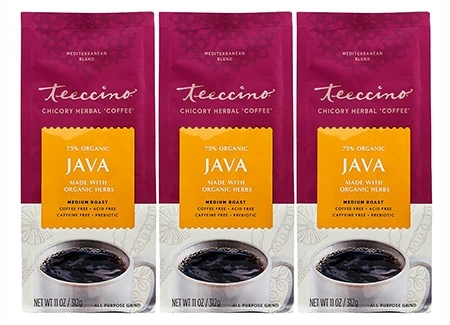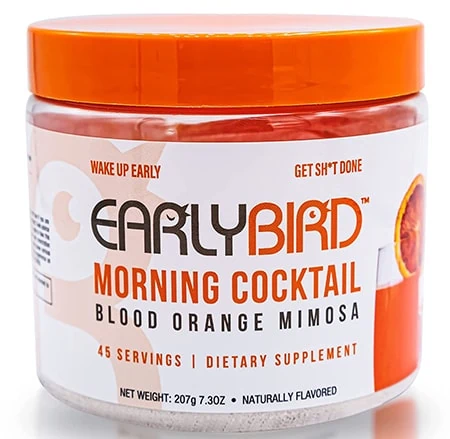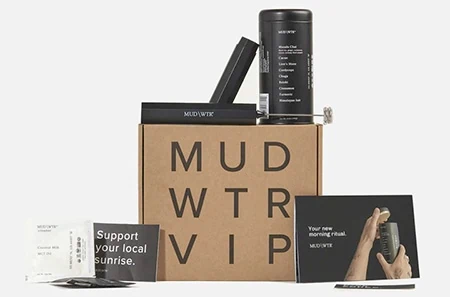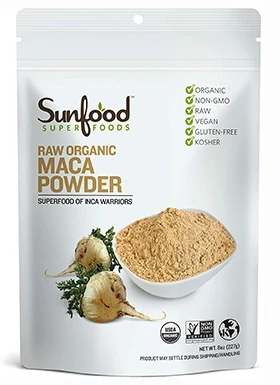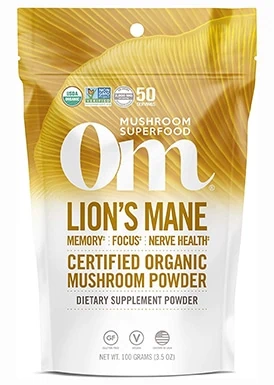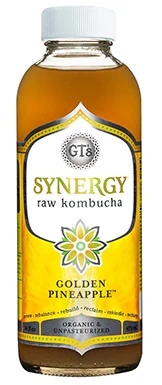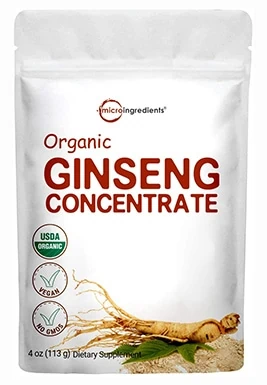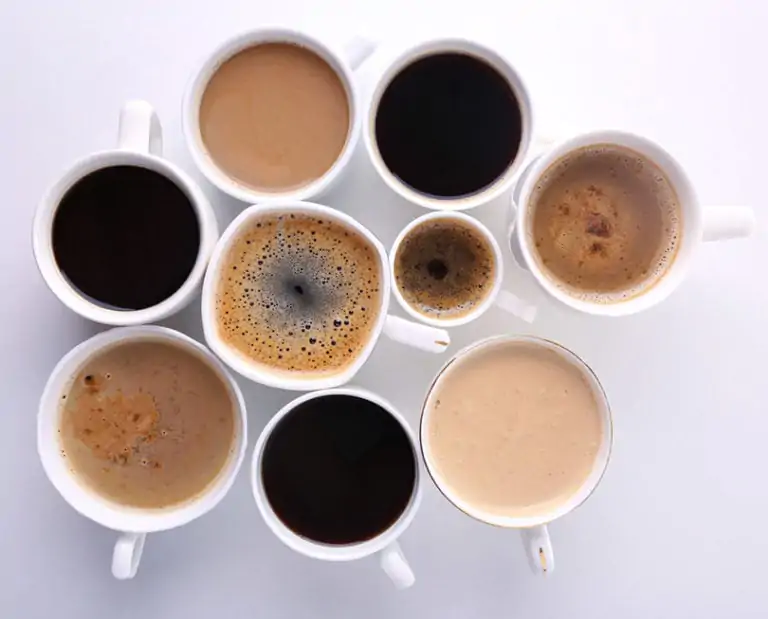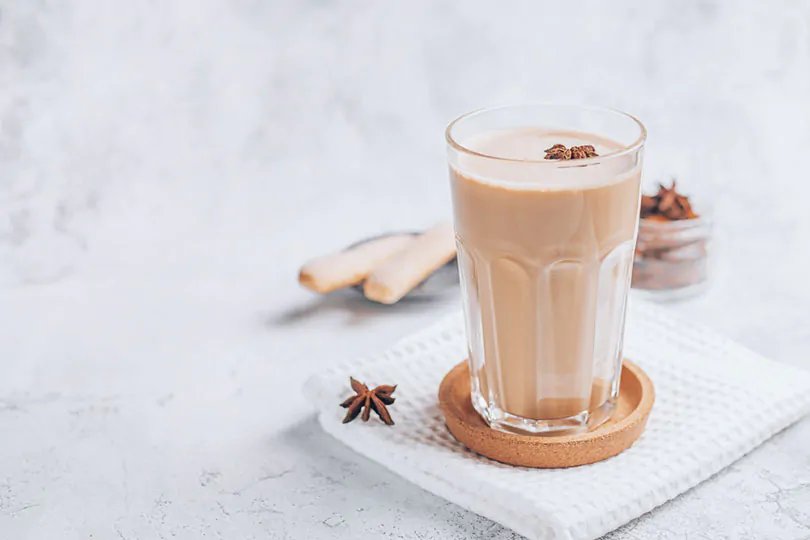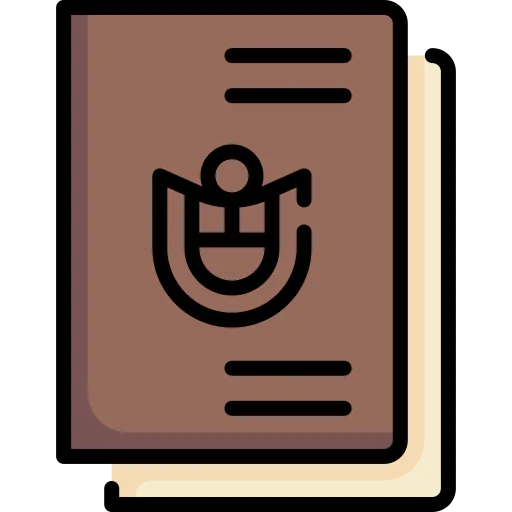Coffeo Couch is reader-supported. If you buy through links on our site, we may earn a small affiliate commission at no extra cost. Learn more.
7 Best Coffee Alternatives for Energy: Energizing Drinks to Give You a Boost
For many coffee lovers, starting the day without their usual cup of joe can feel like a challenge. While coffee is known for providing that much-needed boost, its high caffeine content can become too much for regular consumption, causing jitteriness and other unwanted effects. Fortunately, several alternatives to coffee can help energize your day without the potential downsides. In this guide, we’ll explore seven of the best coffee alternatives that can provide energy and help you stay alert and productive.
Table of Contents
The 7 Best Coffee Alternatives That Give You Energy
1. Teeccino
| Form: | Ground or roasted |
| Beverage Type: | Tea or Coffee |
For those seeking a coffee-like experience without the caffeine and acidity, Teeccino is a fantastic option. Teeccino is a California-based company that offers roasted herbal blends that mimic the rich taste of coffee. Made from fruits, nuts, herbs, and a blend of seeds, this caffeine-free alternative is available in ground or tea-bag form, making it easy to brew or steep.
Pros:
- No caffeine
- High in potassium, promoting hydration
- Versatile: can be brewed or steeped
Cons:
- It may have a woodsy or earthy flavor, which some might not enjoy
2. Early Bird Morning Cocktail
| Form: | Powder |
| Beverage Type: | Energy supplement |
The Early Bird Morning Cocktail is an energy-boosting drink that provides a smoother caffeine experience than coffee, without causing jitters. It’s a powdered supplement designed for easy mixing, and it also serves as a dietary supplement for those looking to manage their weight.
Pros:
- Easy-to-mix powder
- Sugar-free and carbohydrate-friendly
- It contains a special caffeine blend that avoids typical caffeine side effects
Cons:
- Sweetened with sucralose, which some people may wish to avoid
3. Mud/WTR
| Form: | Powder |
| Beverage Type: | Adaptogenic mushroom |
MUD/WTR is a unique coffee alternative that features only a fraction of the caffeine found in coffee—about 1/7th per serving. Made from a blend of organic ingredients like cacao, turmeric, cinnamon, and medicinal mushrooms, this drink offers a warm, spicy flavor and is packed with nutrients to fuel your day. You can mix it with hot water, milk, or milk alternatives.
Pros:
- Contains only a small amount of caffeine
- Made with organic, nutrient-dense ingredients
Cons:
- More expensive than coffee
4. Maca Powder
| Form: | Powder |
| Beverage Type: | Energy supplement |
Maca Powder is derived from the maca root, a Peruvian plant known for its energy-boosting properties. Rich in vitamins, minerals, and antioxidants, maca powder can be added to smoothies, oatmeal, or baked goods. It’s also been linked to improved reproductive health, making it a popular choice for those looking for a holistic energy source.
Pros:
- Contains vitamins and antioxidants
- May improve digestion and reproductive health
- Considered an adaptogen, helping the body adapt to stress
Cons:
- Has a distinct taste that may not appeal to everyone
5. Lion’s Mane
| Form: | Powder |
| Beverage Type: | Dietary supplement |
Lion’s Mane is a type of mushroom known for its brain-boosting properties. This powder supplement is believed to improve mental clarity and focus while providing a steady source of energy. Many people turn to Lion’s Mane as a coffee alternative when they want to feel alert without the crash associated with caffeine.
Pros:
- Improves mental clarity and focus
- Provides steady energy
- Vegan-friendly
Cons:
- Brain-boosting effects may take time to manifest with consistent use
6. Kombucha
| Form: | Liquid |
| Beverage Type: | Fermented tea |
Kombucha is a fermented tea known for its probiotic content and gut health benefits. Available in various flavors, kombucha contains a small amount of caffeine but is also rich in nutrients that aid digestion and boost immunity. It’s a popular choice for those looking to get a slight caffeine kick along with the benefits of fermentation.
Pros:
- Good for gut health and the immune system
- Contains all eight B vitamins
- Packed with probiotics
Cons:
- The strong, tangy taste isn’t for everyone
7. Ginseng
| Form: | Powder |
| Beverage Type: | Dietary supplement |
Ginseng, a root long revered in traditional medicine, is another powerful coffee alternative. Known for its energy-enhancing and immune-boosting properties, ginseng provides a natural source of energy without artificial stimulants. It’s available in teas, powders, and capsules, making it easy to incorporate into your routine.
Pros:
- Boosts energy naturally
- Supports the immune system
- Vegan-friendly
Cons:
- Some store-bought ginseng products may have a less potent effect
The Good and The Bad About Coffee
Before fully diving into coffee alternatives, it’s important to understand both the positive and negative effects of coffee consumption. While many people enjoy the benefits of caffeine, it’s not for everyone.

Coffee Pros
Coffee is packed with beneficial nutrients and antioxidants that help protect the body from free radicals, potentially reducing the risk of certain diseases. For many, the natural stimulant, caffeine, helps with mental clarity, improved metabolism, and reduced tiredness, making coffee an effective way to stay alert and productive.
Coffee Cons
For individuals sensitive to caffeine, coffee can cause several unwanted side effects, including sleeplessness, anxiety, headaches, and even digestive issues. High doses of caffeine can be addictive, making it difficult for some to cut back or eliminate coffee from their diet without experiencing withdrawal symptoms. Those with caffeine sensitivities or digestive problems may benefit from trying coffee alternatives.
Conclusion
If you’re seeking an alternative to coffee that provides energy without the potential downsides of high caffeine content, these seven options are a great place to start. From nutrient-rich Maca Powder to the brain-boosting Lion’s Mane, there’s something for everyone looking to maintain productivity throughout the day. By experimenting with these alternatives, you may find the perfect drink to replace your morning cup of coffee and give you the energy boost you need—without the jitters or crash.
If you’re interested in learning more about each of these energizing drinks, make sure to check reliable sources and consult with a health professional if you have any dietary concerns.
You might be interested: How Much Caffeine Is in Rockstar Energy Drinks? 2024 Breakdown
Featured Image Credit: PactoVisual, Pixabay



